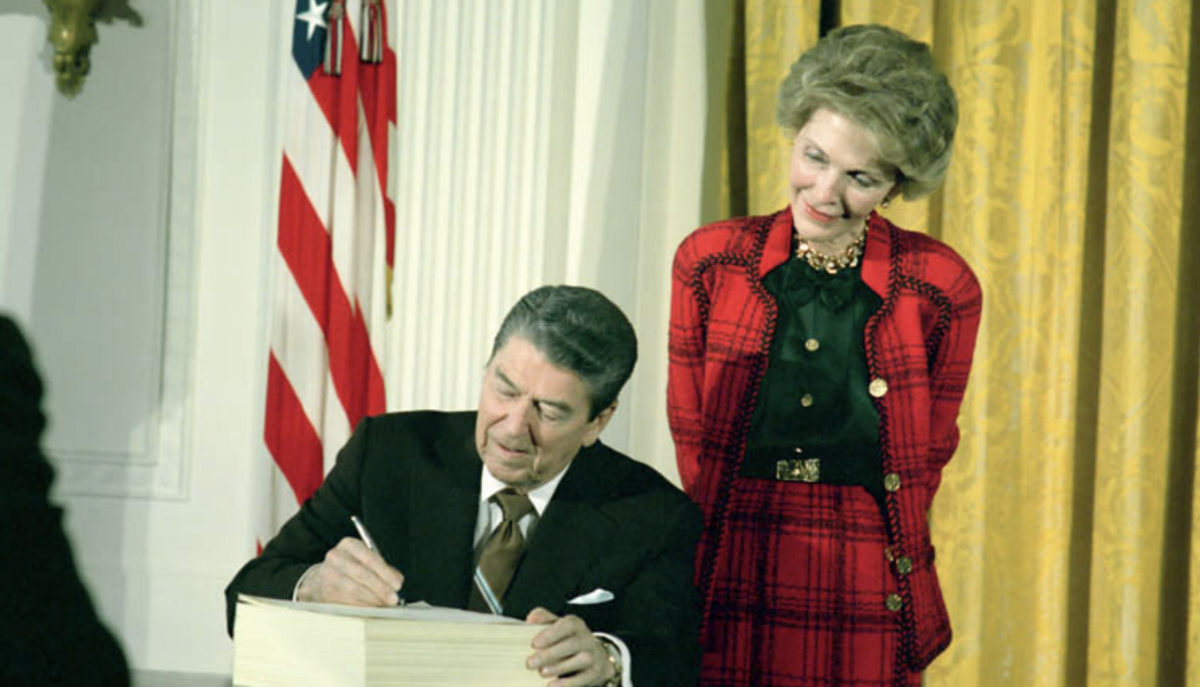President Ronald Reagan had been in office less than two years when he spoke to a crowd gathered at the Justice Department. The date was October 14, 1982, a day punctuating the beginning of one of Reagan's most controversial initiatives – The War on Drugs. There was a reason Reagan spoke in front of the Justice Department. The Reagan Administration would begin passing laws that focused on harsh punishment of drug offenders instead of seeing these illicit drug use as a health problem. This isn't the first time a presidential administration used federal powers to tackle illicit drug use.
The Beginning of America's Drug Problem
In the nineteenth century, drugs like morphine, heroin, and opium were legal to distribute and consume. However, their usage increased substantially with the Civil War as doctors began treating injured soldiers with high levels of drugs. It was during this war that the first use of hypodermic syringes was used to inject high levels of drugs directly into those suffering from battle wounds. As a result, many veterans went home as drug addicts. The federal government didn't pass any drug laws to restrict narcotic use until much later with the Harrison Narcotics Tax Act of 1914.
By the turn of the century, Americans began seeing the addiction side effects of using narcotics. Many addicts were committing crimes to feed their addictions. The federal government would make incremental steps to arrive at its current "war on drugs" policy standing.
The War on Drugs
In 1971, The Nixon Administration officially declared drugs as "public enemy number one," a sentiment the FBI used with success. The initiative was originally an element of criminal justice meant to rid people's neighborhoods of drug dealers and users. Nationally, police departments established footings as "tough on crime."
However, when Reagan first won in 1980, his campaign took a law and order stance, which carried over through his two terms. This stance meant a rapid expansion of federal power aimed at using law and force to stop drugs from entering the country. He also initiated the phrase "Just Say No," which is still used with the US DARE program.
Three-strike laws gained public support in an attempt to deter people from using drugs. However, it wasn't long before jails and prisons began filling up with drug offenders, and they soon began to get overcrowded with non-violent drug charges. Many prisons still struggle with this issue today.

